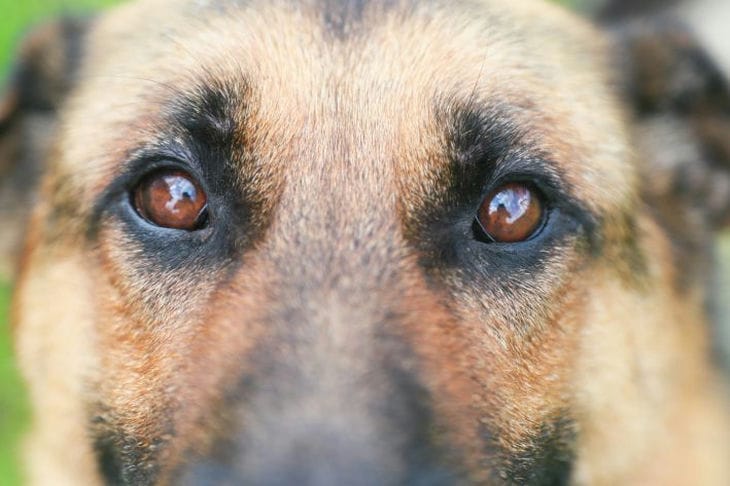Training a dog requires not only patience and love, but also knowledge of what not to do.
The wrong approach can lead to undesirable consequences that are difficult to get rid of.
Use of force and aggression
One of the most common mistakes in training a dog is the use of force and aggression. Physical punishment causes not only fear in the pet, but also mistrust of the owner.

As a result, the dog begins to avoid contact, becomes fearful and aggressive in response. It is best to use positive reinforcement methods, when the dog receives a reward for correct behavior.
This helps to form stable positive associations and binds the animal to the owner.
Mismatch between commands and actions
Another serious mistake is the mismatch between commands and the owner's actions. Punishing a dog for not understanding or not following a command creates confusion and stress.
Clear and consistent commands are essential to ensure that your pet understands what is expected of him. It is important to remember that dogs learn through repetition, and patience is key in the learning process.
Ignoring problematic behavior
Ignoring problematic dog behavior can make it worse. For example, if your dog is aggressive toward other animals or people, its actions should not be ignored.
Waiting for the problem to resolve itself will only make the situation worse. Dogs need positive behavior modification so they can learn how to interact with the world around them.
Lack of routine and structure
Routine and structure play an important role in a dog's life. When there is no clear schedule for walks, feedings, and playtime, your pet may experience stress and anxiety.
Lack of predictability in daily routines leads to disorientation, which can lead to behavior problems.
The dog needs to understand what will happen and when in order to feel confident and calm.
Transferring your mood to your pet
The owner's emotional state directly affects the dog's behavior. If a person is in a bad mood and transfers their emotions to the pet, this can negatively affect its condition.
Dogs are very sensitive to their owners' emotions, and negative reactions can cause the animal to become nervous or avoid contact.
It is important to remain calm and positive when interacting with your pet so that he or she feels safe and comfortable.








